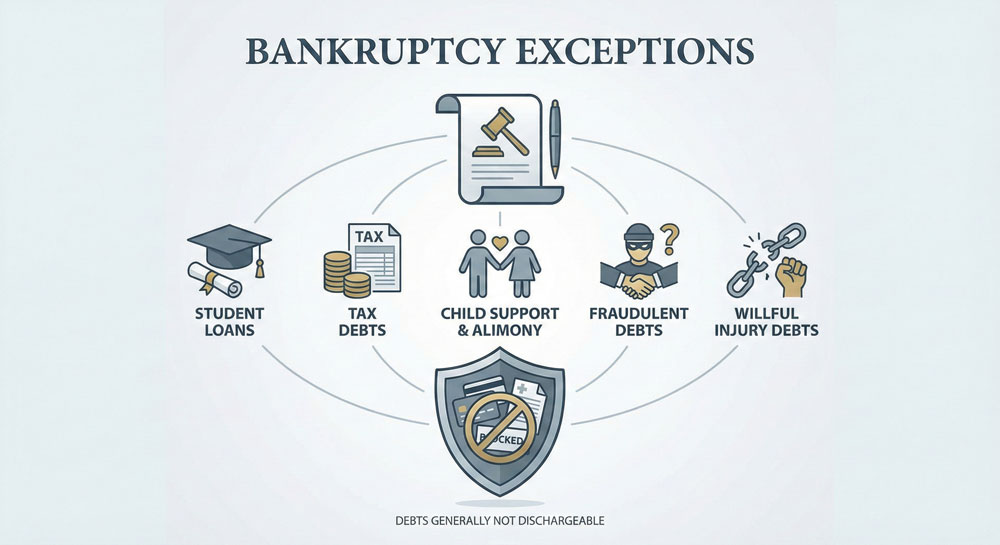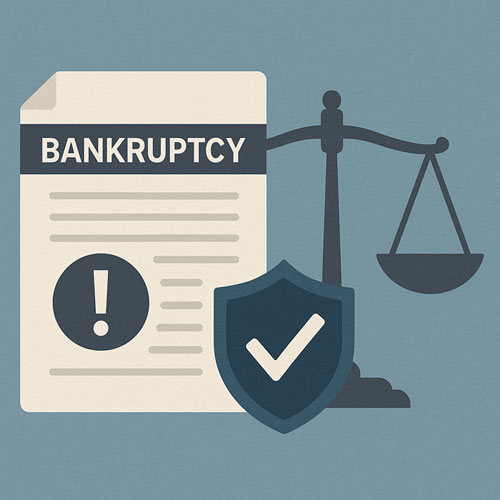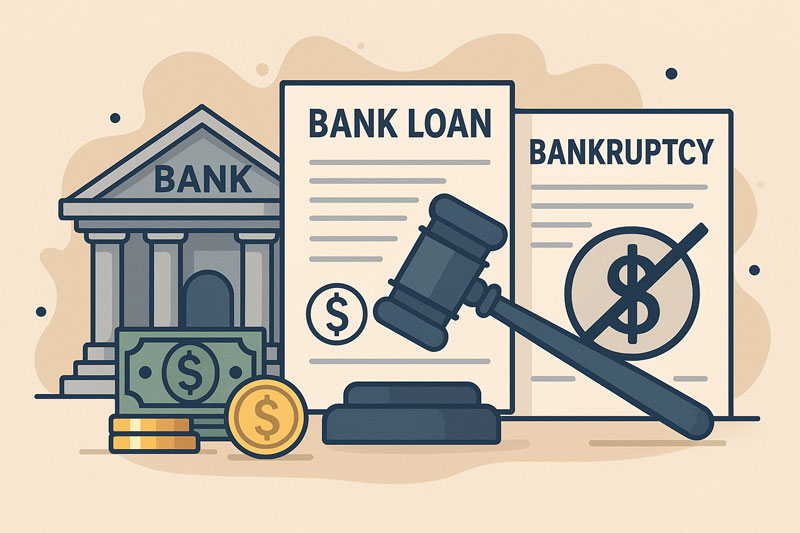Chapter 13 Bankruptcy Non-priority Tax Debts
 Both non-priority tax debts and priority tax debts are not normally discharged in case of a bankruptcy. Chapter 13 provisions can make your debt a bit more manageable. Taxes can be discharged under a few circumstances in a Chapter 7 bankruptcy. In most cases, be it a Chapter 7, 11 or 13 bankruptcy, your taxes will have to be paid forward. There are some important things to consider about Chapter 13 Non-priority tax debts.
Both non-priority tax debts and priority tax debts are not normally discharged in case of a bankruptcy. Chapter 13 provisions can make your debt a bit more manageable. Taxes can be discharged under a few circumstances in a Chapter 7 bankruptcy. In most cases, be it a Chapter 7, 11 or 13 bankruptcy, your taxes will have to be paid forward. There are some important things to consider about Chapter 13 Non-priority tax debts.
Chapter 13 Non-priority tax debts
There is a provision under which you can get your tax debts strewn in with your debt restructuring plan if your debts increase a certain amount. You will have to come to terms with the fact that it is not really possible to forgo tax debts. The debts will become part of your repayment plan that will have to be approved by the court. The repayment plan normally lasts between 3 to 5 years and within that time, you will have to pay your debts to the government.
If the court deems it a non-priority debt, then it will be lopped off and placed along with unsecured debts like your credit card debts, for example. Non-priority loans are normally paid last after all the secured loans and priority debts are done. Unsecured debts might be discharged or you might be required to only pay only a part of it. If taxes are part of the non-priority list, then they will have to be paid, even if a good part of the other loans are written off. Your taxes will be considered non-priority only if they are:
- Income tax debt
- Over 3 years old
- Returns have been filed at least 2 years prior
- Last tax assessment happened 240 days before filing
- No case of fraud or willful tax evasion
All of the above criteria have to be fulfilled for it to be moved to a non-priority case. Tax debt can be tricky. If you have any questions or are considering Chapter 13 bankruptcy, contact a bankruptcy lawyer in Fairfield today.
Categorized in: Chapter 13



